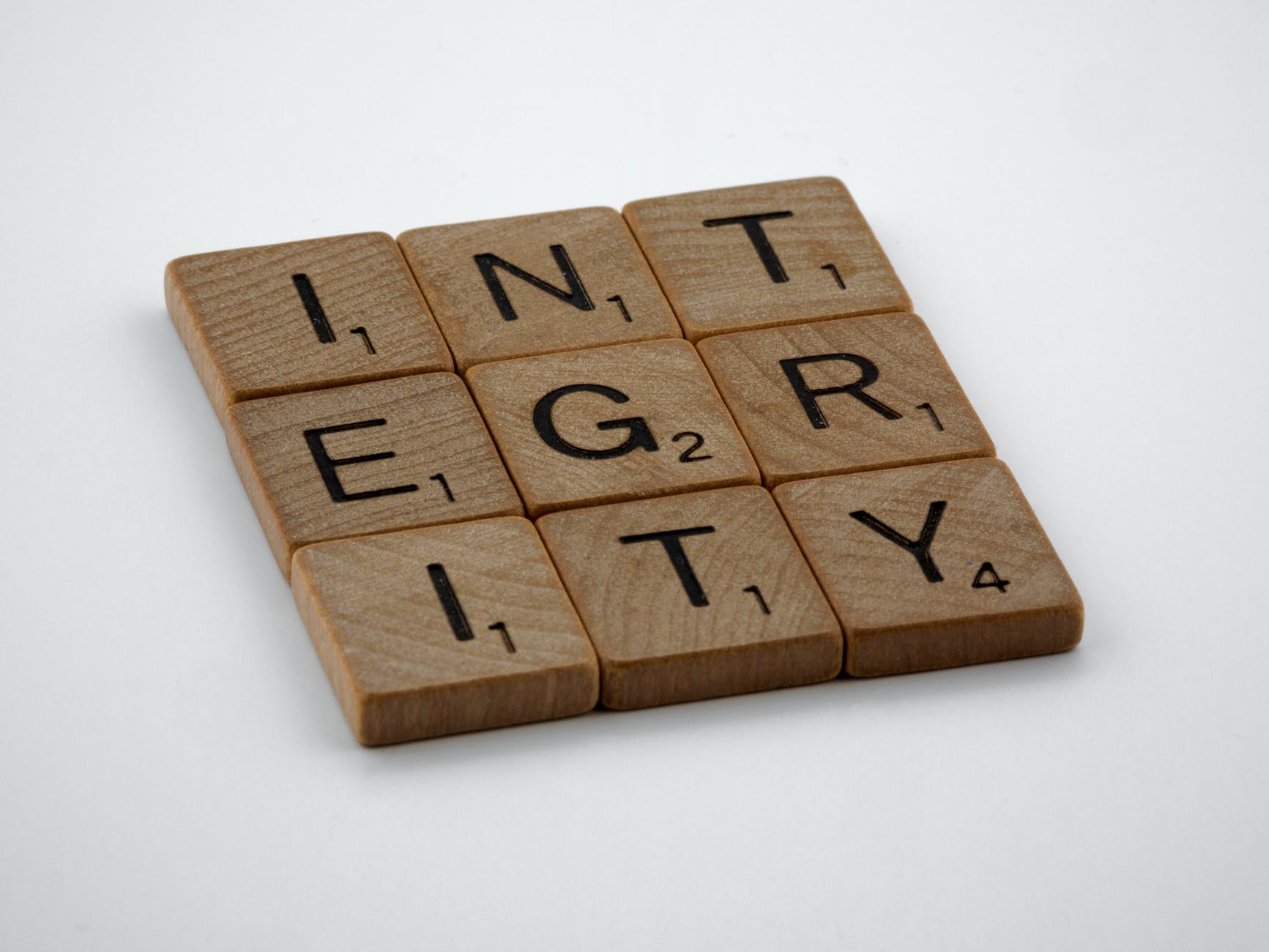“Enhancing Online, On-site, and Hybrid Teaching and Learning with Integrity” was the title of the session Dr. Tricia Bertram Gallant led at Lilly Online 2022. Bertram Gallant is the Director of the Academic Integrity Office at the UC San Diego. There is an academic integrity in the hybrid world course on OneHE that Bertram Gallant mentioned that I will check out. Olivia mentioned it too. They spoke about fulfilling our moral obligation: a fair and honest way to assess competencies. Bertram Gallant talked about the things instructors can influence that affect cheating. Bertram Gallant said that “the internet and AI have democratized cheating.” However, there are things that the institution and instructor can do. The four categories of things instructors can do to mitigate cheating that Bertram Gallant focused on are:
- Foster a Mastery-Oriented Environment
- Communicate Integrity in Action
- Improve Instruction
- Protect Assessment Integrity
Fostering a Mastery-Oriented Environment was described as an advanced strategy by Bertram Gallant. They also emphasized that we have to change the way we assess teaching and learning now. Bertram Gallant explored the differences between performance and mastery. Performance is usually when assessments are superficial, easy, and contrived; whereas mastery assignments are meaningful, variable, and deep. Key strategies for mastery-oriented approaches are learning objectives, meaningful assessments, choice and control, scaffolded & multiple activities/assessments, and active learning.
Bertram Gallant mentioned the importance of talking about integrity with students to communicate integrity in action. Dissasociatiation of identity from action was mentioned and failure to recognize an ethical issue when facing it was also emphasized. Bertram Gallant discussed setting the stage early on and co-creating a code of ethics with the class, for example. Peer norms and perceptions of peer norms are strong predictors of cheating, explained Bertram Gallant. They also stressed the importance of clear communication. For this, clear communication includes what, where when, and how. Also, integrity affirmation reminders are critical, according to Bertram Gallant.
I thought the significance of perceived good instruction and its impact on integrity was very interesting. However, Bertram Gallant explained that we still don’t know what is perceived as good instruction online. Protecting assessment integrity can be done with LMS features, making good assessment choices, and paying attention to grading. An NSF-funded project from Qi at UCSD explored oral assessments in large enrollment courses and student perfection of integrity. The fifth element that Bertram Gallant stressed was: to respond to cheating when it occurs. The questions and discussion session was full of great commentary. I especially loved the response Bertram Gallant had for using text similarity software and the importance of explaining the use of the tools and discussing strategies with students.



